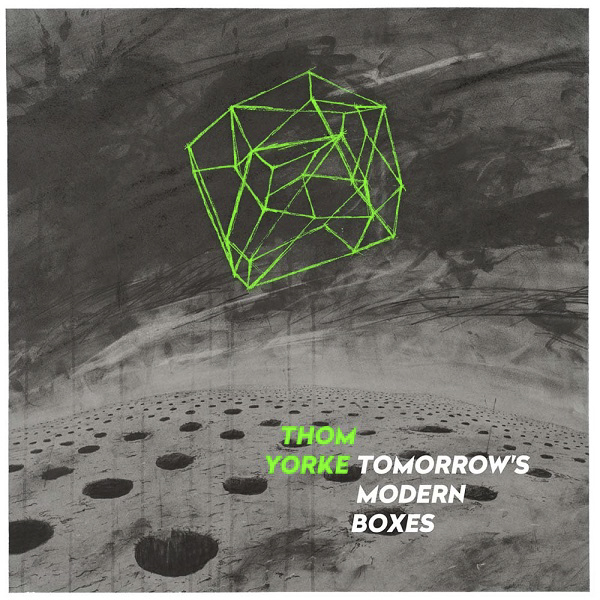
Oh, good old BitTorrent. How many things have you downloaded from there? No judging here. But a good deal of us have done it. It’s convenient, for one thing. Along with many other websites where entertainment is accessible in an, uh — unique, we should say — way, BitTorrent provides users the ability to get their favorite music, movies and most other downloadable things you want for free. The site, along with similarly structured websites or apps for downloading or torrenting (R.I.P. LimeWire), has been the bane of many artists and content creators, as their creations have been widely distributed over the Internet to thousands of users for free.
Recently, as you may know, Thom Yorke, almighty god and supreme ruler of Radiohead, decided to surprise-release his album, “Tomorrow’s Modern Boxes,” via BitTorrent. Seriously. The lead singer of possibly the most critically acclaimed band on the planet decided to release his album on a torrent service. Of course, this isn’t an entirely unexpected move from a member of Radiohead. The band self-released their album, “In Rainbows,” in 2007 in an unprecedented “pay-what-you-want” format. Before the album’s physical release, fans could download the album for anywhere from free to a million dollars if they wanted to. Though Yorke is releasing the album via a paid-only BitTorrent bundle for $6, the idea of releasing an album through a service that is primarily directed at people trying to download an album for free is a risky yet worthwhile move.
It’s because he’s going directly to the consumers.
While ignoring the spotty mechanics of the Spotify artist-pay system (which is another discussion for another time), the service has attracted many would-be torrenters that don’t want to pay for their music and created a community of free, legal music sharing. The idea is that they found the consumers who were using their product the most (whether legally or illegally), and created a way that was a convenient legal alternative, rather than shaming them for downloading free music. It’s not to say that you shouldn’t download illegal music for free (which again, is another discussion — artists should get paid adequately for their work). Yorke is simply taking the idea of consumer convenience to another level, while also making it more artist-friendly.
Yorke, one week into his album release, has garnered over 1 million downloads so far, including the few tracks available free for download. If Yorke decided not to hide the official sales figures from the public, the album would have likely been the number-one album on the charts — and that’s not counting vinyl sales either. And it’s because Yorke decided to go straight to the people who help artists make their living: the listeners. When listeners were presented with a legal option on their favorite illegal website, many chose the legal way. No doubt some of them actually bought the album instead of finding it elsewhere in order to support Yorke, but the real reason for many others? Sheer convenience.
“It’s an experiment to see if the mechanics of the system are something that the general public can get its head around … If it works well it could be an effective way of handing some control of Internet commerce back to people who are creating the work,” Yorke and producer Nigel Godrich said in a statement. “Enabling those people who make either music, video or any other kind of digital content to sell it themselves. Bypassing the self-elected gate-keepers.”
Most of the entertainment industry has been generally oblivious to the way consumption of music and other entertainment has been rapidly changing over the past 10-15 years, and have been trying to fight it instead. Bandcamp does indeed provide a similar model for artists (particularly smaller ones), but seeing an artist of this magnitude trying something new is bound to have some influence. To see a large-scale artist go directly to the consumer and recognize how they consume and make it easier for them is a big deal. Business-wise, it makes a lot more sense — consumers consuming how they want to consume.
Of course, this system certainly isn’t perfect, and wouldn’t work for all artists. But for sheer ingenuity and ability to recognize convenience to the consumer and listener, it’s a win for all of us.








